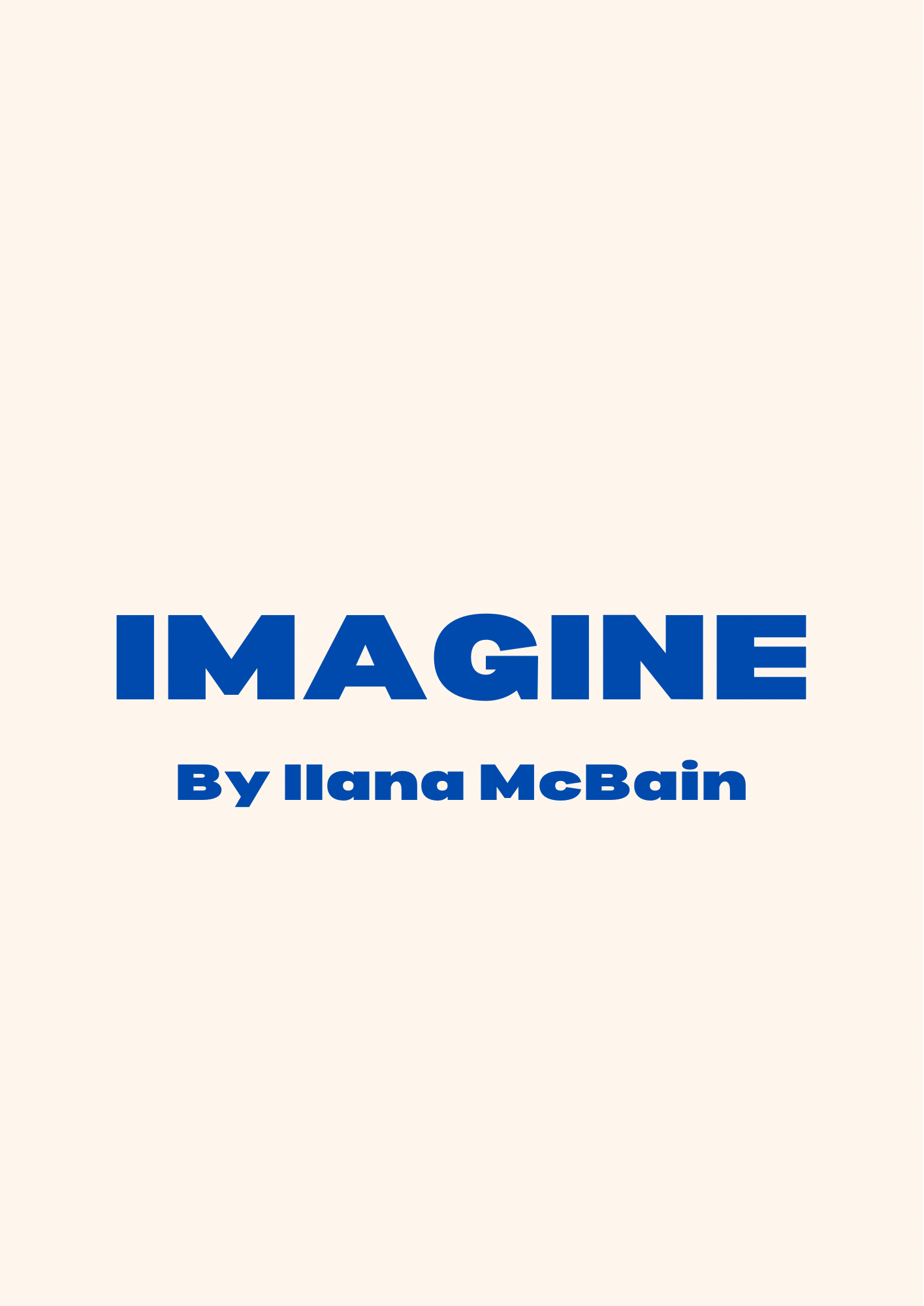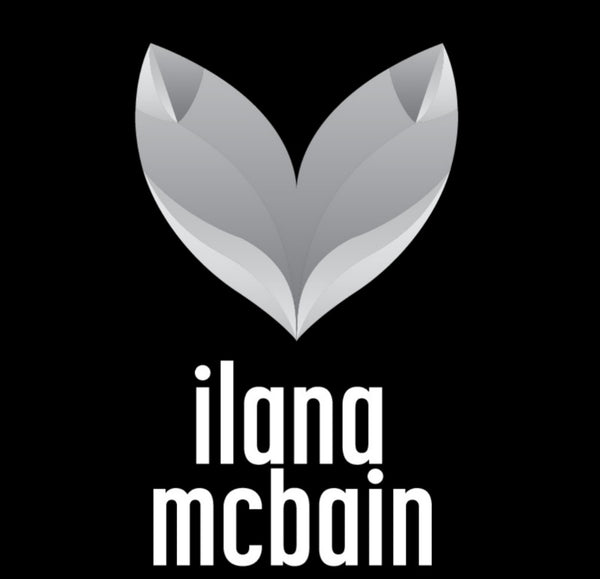
Imagine – A Series of Essays on Creating a Better Future
Imagine – A Series of Essays on Creating a Better Future
Welcome to Imagine – a thought-provoking series of essays dedicated to exploring bold, practical ways to enhance our quality of life and shape a better future for ourselves and our communities.
In each essay, I present three interconnected ideas designed to work in harmony—offering fresh perspectives on how we live, connect, and evolve. These ideas aren’t just theories—they’re invitations to rethink what’s possible, to challenge old patterns, and to imagine a world where positive change is not only achievable, but already in motion.
This series dives deep into topics such as human connection, emotional wellbeing, education, creativity, social innovation, and the systems we rely on. The goal? To inspire meaningful conversations and spark real action—personally, locally, and globally.
I invite you to read, reflect, and share your thoughts. Together, let’s imagine a more compassionate, empowered, and fulfilling future.
Start exploring the Imagine series now—and be part of the change.
Imagine 27th March 2025
I'm writing a series of essays exploring ways to significantly enhance our quality of life and step into a better future. Each piece will present three interconnected ideas that complement and strengthen one another, offering a fresh perspective on meaningful change. I invite you to read and share your thoughts, hoping to ignite a spark of hope and inspiration.
I'm naming this series of ideas Imagine.
I’ve been reflecting on ways to break free from the cycles of hardship and toxicity that define much of our world. While these ideas challenge long-standing systems, they are not unattainable, some nations have already taken steps in these directions. The question is: Will ALL the leaders around the world ever have the courage to follow suit?
1. Imagine abolishing Income Tax – Keep What You Earn
Why should a portion of every dollar we earn be taken before we even have the chance to use it? Income tax is often seen as a necessary evil, but several nations have proven that an economy can thrive without it.
Instead of taxing income, a single-rate consumption tax (such as GST or VAT) could be the only form of taxation. This system ensures that people are only taxed when they spend rather than when they earn, allowing them full control over their financial choices.
Where This Exists:
United Arab Emirates, Qatar, Saudi Arabia, Kuwait, Bahrain, Oman – No personal income tax, relying instead on VAT, corporate taxes, and resource revenues.
Monaco – No income tax for residents, funded by tourism and business taxation.
Bahamas, Cayman Islands, Saint Kitts and Nevis – Tax-free personal income with revenues generated through VAT and financial services.
Transitioning to a spending-based tax system could reduce financial burdens on individuals, encourage savings and investment, and create a more transparent and fair economic model.
2. Imagine replace War Budgets with Education Investment
A world where no more weapons, tanks, or war machines are ever produced. Where no country stockpiles arms out of fear, but instead, a global No-War Agreement ensures that conflict is resolved through diplomacy, not destruction.
The world spends over $2 trillion annually on military budgets, while millions struggle with poverty, limited education, and lack of healthcare. Redirecting these funds toward free education, including universities, would be the ultimate investment in future generations, fostering innovation, economic stability, and global cooperation.
Where This Exists:
Costa Rica – Abolished its military in 1949 and redirected funds to education and healthcare. Now one of the most stable and educated nations in Latin America.
Iceland – No standing military, focusing on diplomacy and peacekeeping.
Finland, Germany, Norway – Offer tuition-free or highly subsidised university education for all students.
A global commitment to peace over war and knowledge over conflict could reshape the future. It’s time to stop funding destruction and start funding progress.
3. Imagine implementing a Universal Basic Income (UBI) – Security for All
In a world of increasing automation, job instability, and economic disparity, a Universal Basic Income (UBI) could provide a financial safety net for everyone. Instead of relying on complex welfare systems, every adult would receive a guaranteed, unconditional income to cover basic living expenses, ensuring that no one falls into poverty.
A well-designed UBI encourages entrepreneurship, creativity, and education by giving people the freedom to pursue meaningful work rather than just survival. It also reduces stress, improves mental health, and strengthens communities, as people are not constantly struggling to make ends meet.
Where This Exists:
Finland – A two-year UBI pilot showed improved well-being and employment rates among recipients.
Canada (Ontario & Manitoba) – UBI trials have shown better health and work outcomes.
Alaska (USA) – The Alaska Permanent Fund provides every resident with an annual dividend from state oil revenues.
Spain – Implemented a minimum income scheme to support low-income families.
A UBI would eliminate extreme poverty, empower people to make better life choices, and create a stronger, more resilient society. Instead of punishing people for being unemployed or underpaid, we can provide security and opportunity for all—a future where no one is left behind.
I hope these thoughts brighten your day with the possibilities of a better future.
Ilana
Imagine 4th April 2025
1. Imagine if we stopped focusing on being a better man or a better woman and instead focused on being a better human.
How much unnecessary judgment could we let go of? We spend so much time trying to fit into predefined roles, measuring ourselves against expectations that don’t always align with who we truly are. But what if the goal wasn’t about meeting gendered ideals but about developing kindness, integrity, individuality, self-respect and appreciation? If we shifted our focus to character over category, we could move past outdated labels and into a space where people are valued for who they are, not just the role they’re expected to play. Wouldn’t that create a world that feels more open, accepting, and free?
2. Imagine if confidence wasn’t about proving yourself but about knowing yourself. What if real confidence came not from how we look or how we’re perceived, but from the depth of our understanding?
I believe confidence is built through learning about the world, about different perspectives, and most importantly, about ourselves. The more we open our minds, challenge our own beliefs, and embrace growth, the stronger and more grounded we become. Confidence isn’t about being the loudest in the room or forcing your “truth” on others, it’s about carrying a quiet certainty that comes from wisdom and experience. If we all prioritised learning and self-awareness, how much more assured and connected would we feel?
3. Imagine if respect was the default, not something that had to be earned. What if we treated each other with kindness, not just in big gestures, but in the small, everyday moments? Respect isn’t just about tolerating differences—it’s about the way we speak to each other, the patience we show in conversations, and the simple act of saying “please” and “thank you.” Tone of voice matters.
A little more kindness, a little more understanding, and a little more grace could go a long way in shifting the way we interact. But maybe it also starts with toning down our expectations and sense of entitlement. If we walked into situations with a little less demand and a little more appreciation, if we approached people with curiosity instead of assumption, wouldn’t our interactions feel lighter? Mistrust keeps us guarded, but respect—real respect—creates space for connection.
If we started every interaction with kindness and patience, how much more trust could we build? Wouldn't the world feel just a little lighter?
I hope these thoughts will ring possible and have a wonderful day,
Ilana
